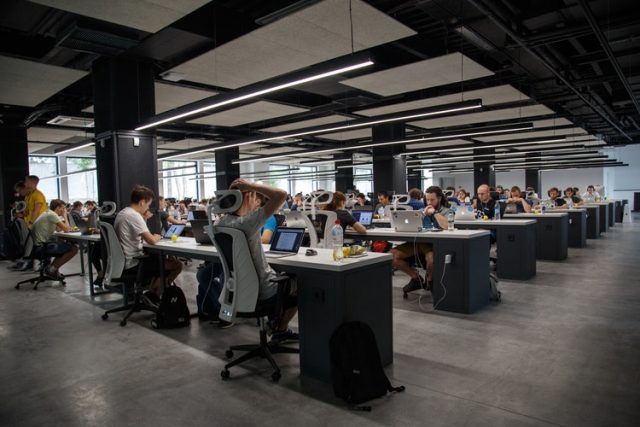Millennials are accused of killing banks, breakfast cereals, and bars of soap. As they take on leadership roles in companies, how can they keep the workplace humming and thriving in the new gig economy?
Short History of Generations at Work

At work, the Boomer tide was the workaholic ethos. Before Boomers, workplaces had punch clocks with firm start and end times. GenXers introduced flexible workdays and a ruthless efficiency to work processes. And what about the Millennials?
The Millennial Contribution
On a deeper and more lasting level, the Millennial tide is shaping up to be a movement toward better management. Far from killing the workplace, they are saving it. Millennial employees have higher expectations from their managers and particularly with a tight labor market, only the best-managed companies will endure.
One of the top reasons Millennials leave jobs is due to poor management. Millennials are choosy about where they work and whom they work for. They place a higher emphasis on purpose over profit and put mentorship and professional development high on their list of work requirements. They like a detailed roadmap of their career opportunities. In essence, they want to be well managed.
Ping-pong tables and latte machines are nice, but not necessary. What’s really required is upping the management game to create a positive, team-oriented, and development-focused culture. And a strong digital presence does not hurt.
Here are the five areas that can improve management in the workplace.
Create Structure
This is the syllabus generation. Millennials like to know the plan. They will ask, “where’s my roadmap?” Without a detailed plan of what they need to do and how they can get there, they will become disengaged.
Create boundaries and incentives. Give them a lay of the land and how they can be successful in the company. Establish firm guardrails so they don’t veer off the highway.
Provide Regular Feedback
Boomers and Xers never liked feedback from their boss. It was always bad news anyway. They mostly just want to be left alone.
Millennials are different. They want feedback—lots of it and at a high frequency. This requires managers to pay attention to their employees and provide constructive criticism, especially praises when needed.
Instill Purpose
What does it mean when Teach for America gets more applications than Princeton while Goldman Sachs struggles to hire enough interns out of elite colleges?
It means that Millennials are on the leading edge of putting purpose over profit. Even if you are selling beige widgets, managers have to find a way to attach meaning to their new hires’ job. If you’re struggling with this concept, at least find a way to tie their job to the larger purpose of the company mission.
Set a Course for the Future
It is not enough to provide a detailed job description and a roadmap; you will want to provide career advice as well. Millennials have long-term time horizons.
Their parents were planning on little Josh’s engineering degree once he mastered Minecraft at age 9. As a manager, you need to be that mentor that guides them along the path to career success, not just success in the current role. Think bigger and think longer-term.
Show You Care
Finally, Millennials will be asking the question: “You got my back?”
While managers are not parents, they still need to show they care about their employees. When I worked at Gallup, our research showed one of the strongest predictors of a vibrant, productive and engaged workplace was a positive response to the question “Does someone care about me as a person?”
In the next decade, the Boomer and Xer sand castles that represent workplace culture will be eroding. It is time for a new design, one based on the simple concept of good management.
See Also: How Millennials Measure Success At Work